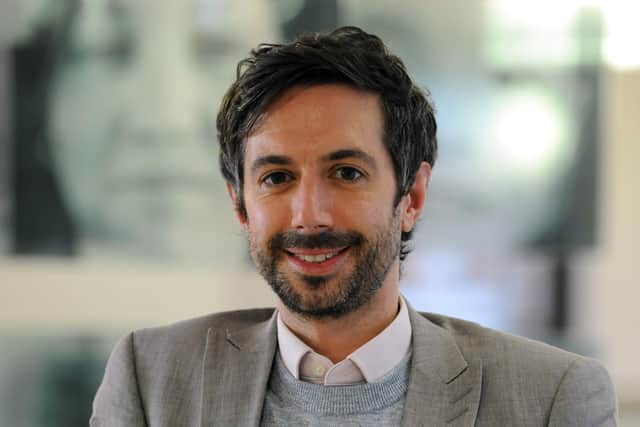Call to address health inequalities after Covid-19 pandemic saw the most disadvantaged communities in South Tyneside hardest hit
and live on Freeview channel 276
Those living in the more deprived areas of South Tyneside were more likely to test positive for Covid-19, three times more likely to be hospitalised and nearly twice as likely to die with the virus.
Evidence also shows the virus has caused indirect consequences for those who were already experiencing disadvantage in terms of lost education, higher rates of childhood obesity, and wider issues such as domestic abuse.
The findings are set out in a report to South Tyneside Council by Public Health Director Tom Hall, who says much more needs to be done at a regional and national level to address social, economic and health inequalities.


Advertisement
Hide AdAdvertisement
Hide AdHis annual report titled A Time Like No Other, features stories, poems and photos of how it felt to live and work during the most challenging periods in peace-time Britain.
It focuses on experiences and learning from the pandemic while calling for fairer funding to tackle entrenched inequalities.
Tom Hall said: “Our local experience reinforces that if we don’t do more at the systemic, regional, and national level to address social, economic and health inequalities, we are always going to be on the back foot when it comes to existing and emergent challenges.
“Housing, transport, environment, employment and welfare all have an important influence on our health and well-being. It is only through how we shape the places where we live, learn and work that we can begin to truly address inequalities.
"But even that is not enough; we must all adopt a different mindset and become ambassadors of change because when inequalities are addressed, it has been proven that everyone is better off.”
Advertisement
Hide AdAdvertisement
Hide AdOther recommendations in his report include developing a ‘stand-up plan’ for Covid and other potential pandemic respiratory illnesses as well as continuing to monitor the long-term and indirect impacts of Covid.
The report also highlights how the pandemic has brought about new ways of working which have led to improvements in access and uptake of services.
It states the Covid-19 Shielding Hub, greater collaboration with care homes, schools, businesses and the voluntary sector, as well as the resilience of the workforce to keep services functioning during constant change, all played a huge part in keeping people safe and well during the pandemic.
Councillor Ruth Berkley, Lead Member for the Voluntary Sector, Partnerships and Equalities, said: “Covid-19 brought challenges that we had never faced before and we had to act and adapt quickly and effectively in very difficult circumstances.
“However, this report highlights that there is much to be proud of. It shows that with a person-centred approach and partnership working, we were able to make a massive difference to the lives of so many in the borough.”
The report will be presented to the Borough Council next Thursday, June 30.